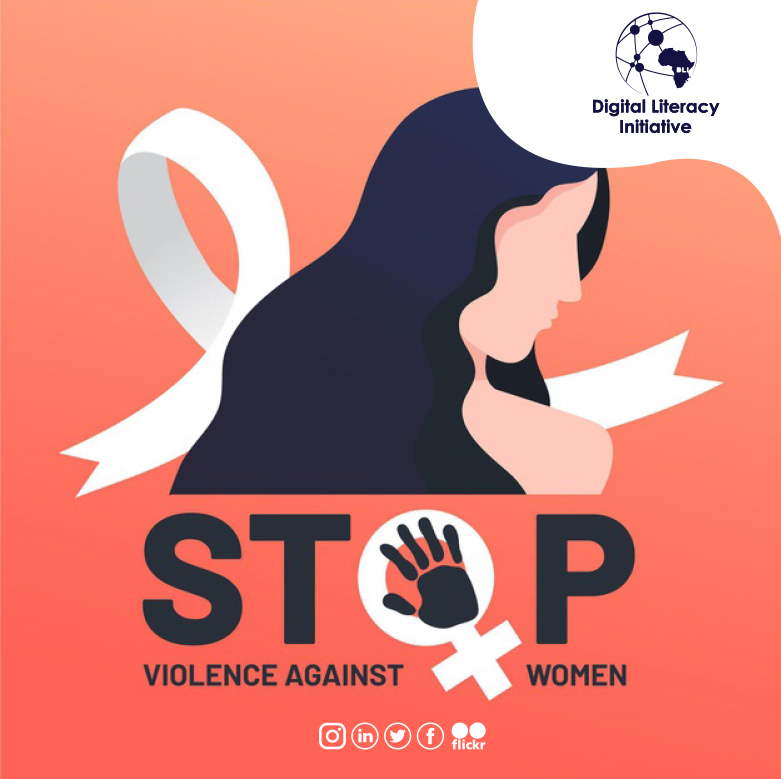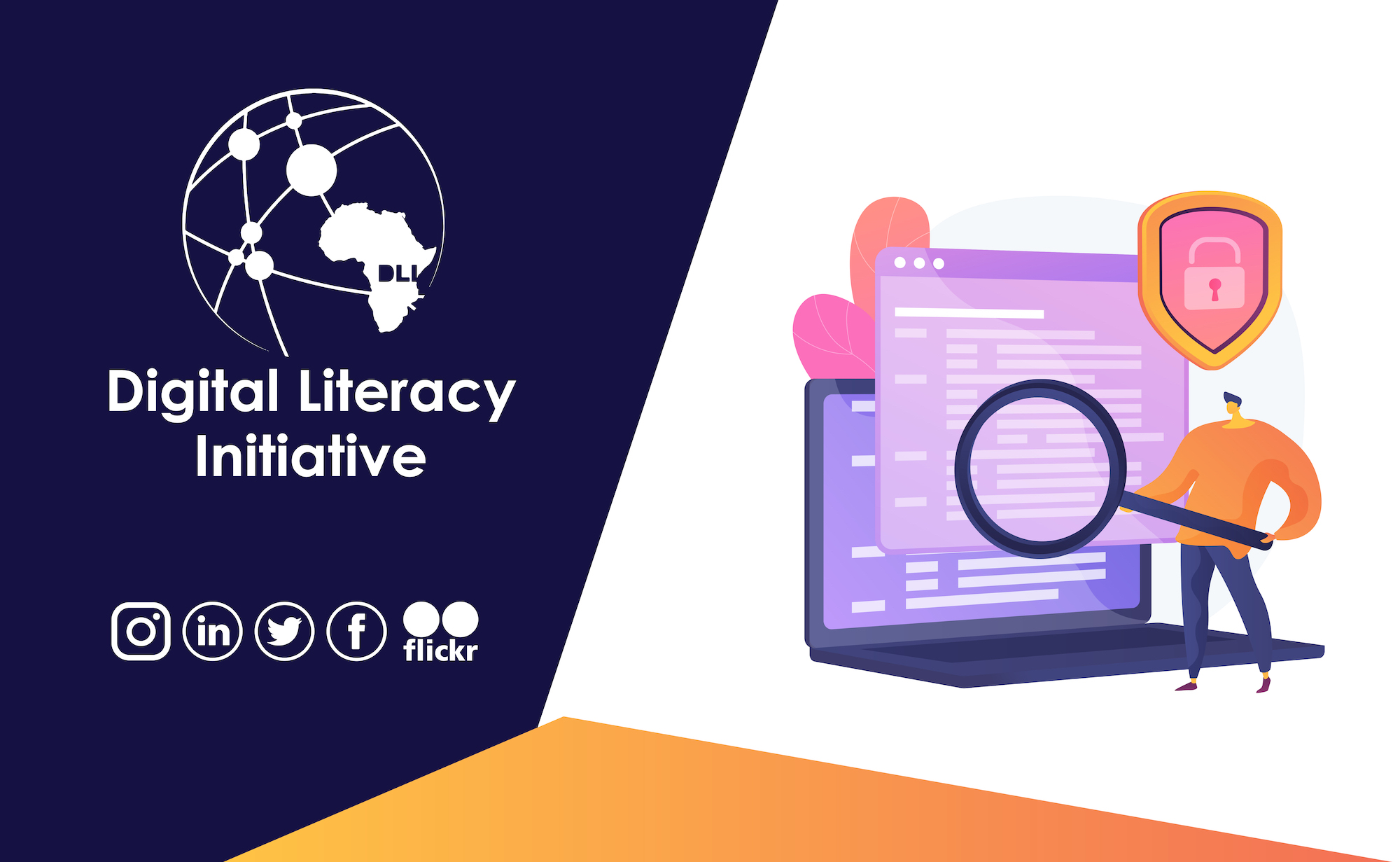During the Online RightsCon, which is the largest global conference on Digital Rights, Digital Literacy Initiative participated in a session hosted by WOUGNET titled; “Not ‘revenge porn’: New trends in non-consensual intimate imagery in Uganda and the role of digital security”.
The session was facilitated by Ms. Peace Olive Amuge, Executive Director at WOUGNET and Ms. Rohini Lakshané, Director (Emerging Research) Bachchao Project in India and it gathered speakers from diverse backgrounds who included; Ms. Judith Heard a Ugandan socialite and also founder of Day One Uganda, ,Patricia Nyasuna, Program Officer Gender & ICT Policy Advocacy (WOUGNET), Sandra Aceng a Program Officer at WOUGNET, Joan Katambi an Assistant Lecturer at the Uganda University of ICT and Team leader at Digital Literacy Initiative.
Non-consensual intimate images (NCII), commonly known as “revenge porn” refers to sexually explicit images and videos that are captured, published, or circulated without the consent of one or more persons in the frame. NCII has become a social problem due to the increasing usage of ICT’s. Most times women (musicians, activists, human rights defenders, etc.) are targets for non-consensual intimate imagery because they are perceived as inferior and safer targets. They are also held more accountable for their acts in society than men because of the patriarchal societal settings of Uganda. Besides, Uganda’s law does not address or offer a solution to this growing social challenge but instead sometimes used to punish victims. There is need to embed gender-sensitive provisions to recognize NCII as violence and breach of privacy in the country’s laws.
https://digitalhumanrightslab.org/blog/non-consensual-intimate-imagery-how-can-digital-security-help/





